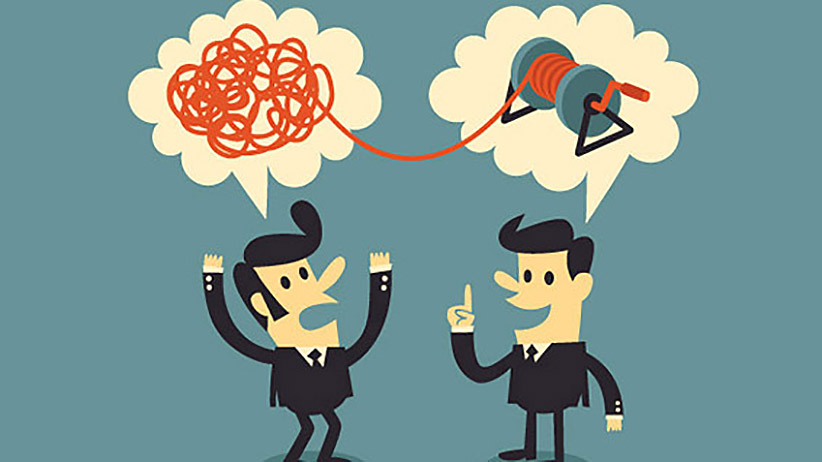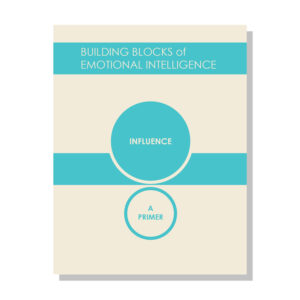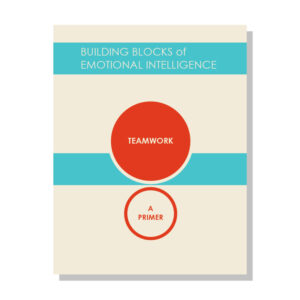
Everyone one of us has blind spots. But we often don’t see them until someone points them out. As leaders rise through the ranks, the less honest feedback they receive from peers.
A high-level executive can become isolated. They surround themselves with people who won’t report negative information. They’re afraid to deliver bad news for fear of repercussions. Not knowing the reality of a situation means you can get into a distorted bubble. A lack of information can lead to poor decisions. You go down a path that’s a mistake from the get-go, but nobody tells you.
When Daniel Goleman spoke with Bill George for Leadership: A Master Class, they discussed what Bill learned from a first-hand experience with the dangers of groupthink.
“Early in my life, I worked in the U.S. Department of Defense as a civilian in the year of Robert McNamara and the Vietnam War. Some of the most brilliant people I’ve met in my life were at the high levels of the Pentagon. But toward the end they were walking off the cliff together. They suffered from groupthink. McNamara was so powerful. His team simply reinforced what he was saying. They didn’t take different perspectives.
Any good leader needs to have a reliable team who will ask tough questions, or poke holes in logic.
Another time one of my co-workers asked, “Do you think everyone agreed with that decision in the meeting?” I said, “Yeah, they all said yes, and at the end. We even voted.”
His response was an eye-opener. “Well, there were three people backing their managers that were so angry, they could hardly speak to you because you blew over them, and forced them to say yes.”
After some thought I knew he was right. I had to go back, tail between my legs, and say, “I’m really sorry. I guess I didn’t hear what you were really saying.” That allowed me to be open to honest conversation.
I also learned that it’s not just looking for and appreciating feedback from that special trusted group, but bringing the attitude with you to the office. I now try to surround myself with people who have diverse viewpoints.”
Fine tune your executive management skills with Daniel Goleman’s video series, Leadership: A Master Class.
Additional resources
The Coaching Program is an online streaming learning series for executives, highlighting methods for enhancing any leader or manager’s effectiveness, creativity, and ability to connect with their teams.
The C-Suite Toolkit is designed for senior management (or those new to senior management positions) seeking a comprehensive reference library from the most respected business and leadership experts of our time.
The Competency Builder program was created to assist workers at all levels learn how to work more mindfully, improve focus, handle daily stresses better, and use these skills to increase their effectiveness. A great resource for any HR library.
The EI Overview provides easy-to-understand insights into proven-effective ways managers can best employ leadership styles, as well as develop the areas where they lack.









